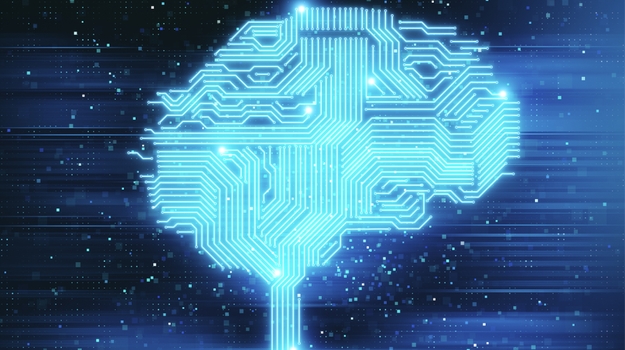In the field of medicine, information management plays a crucial role in providing quality patient care and facilitating medical research. However, the sheer volume and complexity of medical data can often overwhelm healthcare professionals, making it challenging to extract valuable insights. Thankfully, artificial intelligence (AI) has emerged as a game-changer, revolutionizing medical information management. By leveraging AI, healthcare organizations can now unlock the true potential of their data, leading to improved patient outcomes, enhanced research capabilities, and a more efficient healthcare system overall.
The Power of AI: Revolutionizing Medical Information Management
AI has the power to transform the way medical information is managed, offering unprecedented opportunities for healthcare organizations. One of its most significant advantages is its ability to process vast amounts of data quickly and accurately. Traditional manual methods of record-keeping are often time-consuming and prone to human error. AI, on the other hand, can analyze complex medical data sets in real-time, identifying patterns and correlations that might otherwise go unnoticed. This enables healthcare professionals to make more informed decisions, leading to better patient care and outcomes.
Furthermore, AI can assist in automating administrative tasks, freeing up valuable time for healthcare professionals to focus on patient care. Tasks such as medical coding, billing, and documentation can be tedious and time-consuming, but with AI, these processes can be automated, minimizing the risk of errors and significantly reducing administrative burdens. This not only improves efficiency but also reduces healthcare costs and enhances the overall patient experience.
Unleashing the Potential: Transforming Healthcare with AI
The potential of AI in healthcare extends far beyond improving information management. It has the ability to transform the entire healthcare industry, bringing about a new era of precision medicine and personalized care. By analyzing vast amounts of patient data, AI algorithms can identify patterns and predict outcomes, leading to early detection and prevention of diseases. This proactive approach can significantly improve patient outcomes and reduce healthcare costs by preventing the progression of diseases that would otherwise require more intensive and expensive treatments.
AI also empowers medical researchers with enhanced data analysis capabilities. By harnessing AI algorithms, researchers can mine through large datasets to uncover new insights, identify potential drug targets, and accelerate the development of innovative treatments. This not only speeds up the pace of medical research but also holds the promise of revolutionizing the treatment of various diseases, including rare and complex conditions.
As AI continues to evolve and mature, its impact on medical information management will only grow more significant. From improving patient care and outcomes to revolutionizing medical research and fostering innovation, AI has the power to transform every aspect of healthcare. However, it is crucial to ensure that AI is implemented ethically and responsibly, with a strong emphasis on data privacy, security, and transparency. By harnessing the power of AI in medical information management, healthcare organizations can unlock invaluable insights and pave the way for a brighter and more efficient future in healthcare.


